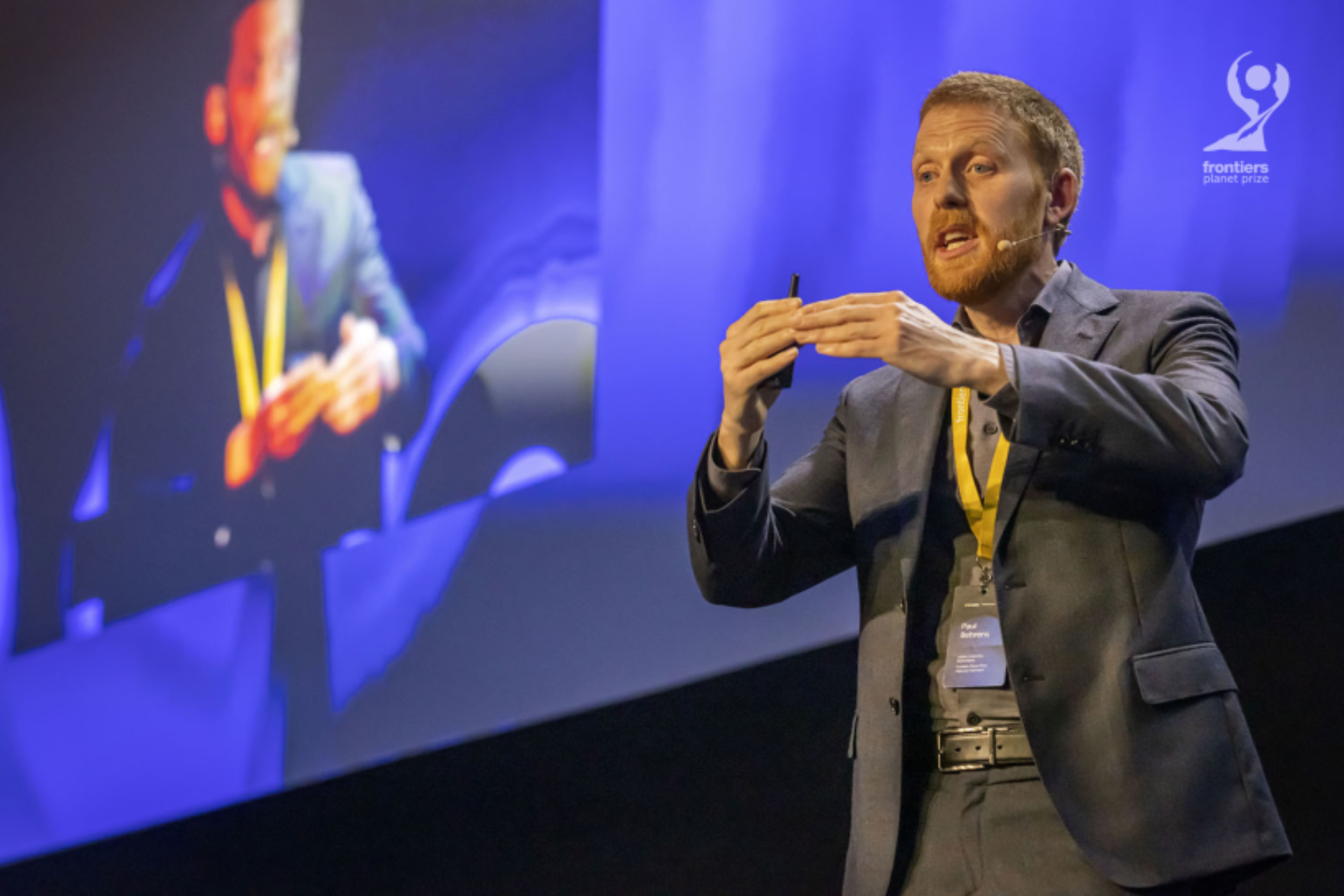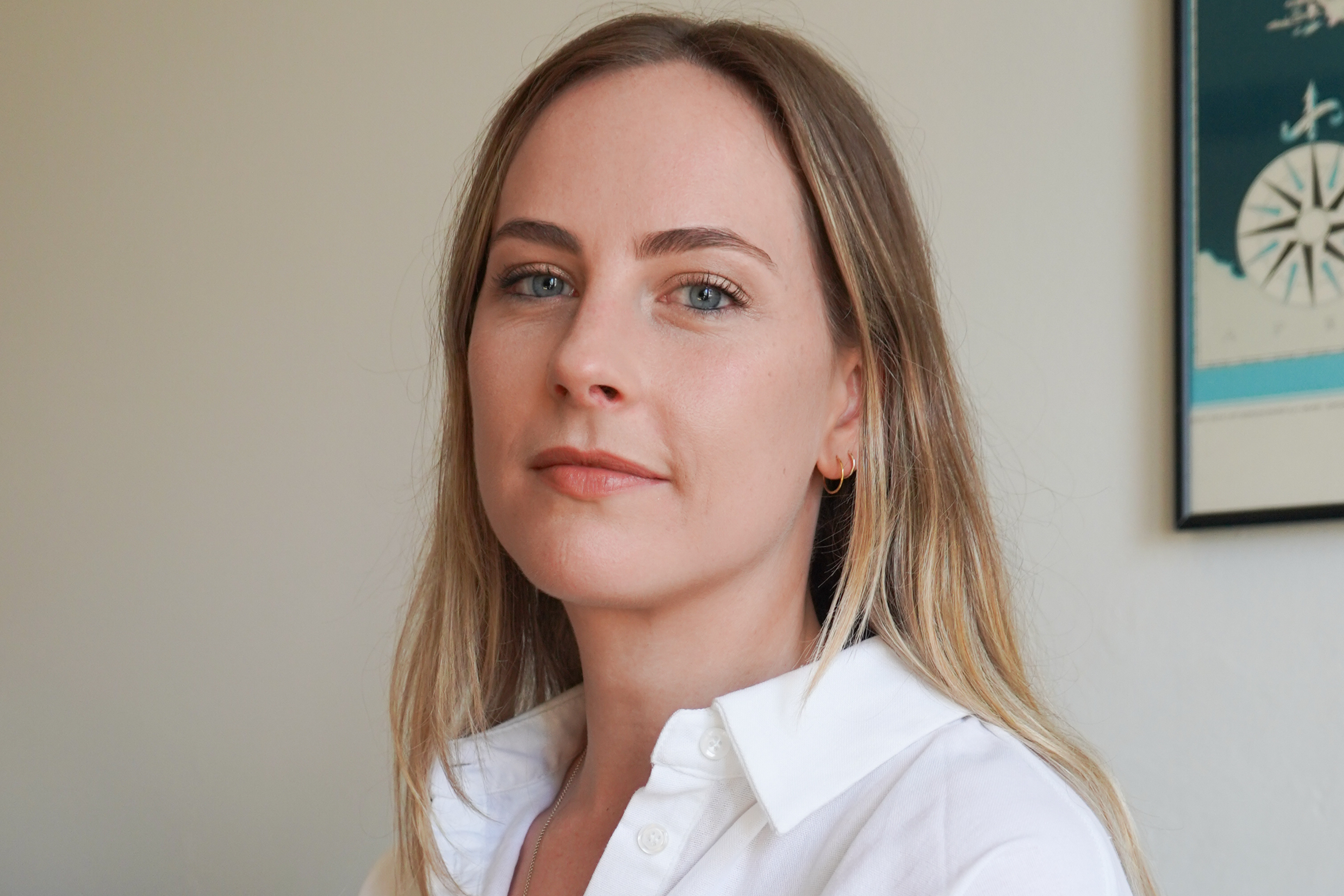In Tomorrow Is Too Late, Grace Maddrell collects testimonies of activism and hope from young climate strikers, from Brazil and Burundi to Pakistan and Palestine. These youth activists are experiencing the reality of the climate crisis, including typhoons, drought, flood, fire, crop failure and ecological degradation, and are all engaged in the struggle to bring these issues to the centre of the world stage. Their strength and determination show the urgency of their cause, and their understanding that the generations above them have failed to safeguard their environment.
With contributors aged between eight and twenty-five, this is an inspiring collection of essays from the most vital generation of voices in the global struggle for climate justice, and offers a manifesto for how you can engage, educate, and inspire change for a more hopeful future.
Praise
‘A remarkable book that shows how educated and passionate young people can be about saving the planet.’
—New Scientist
‘If you are ready to be humbled by the wisdom, wit and sheer conviction of youth climate activists, dive right into this book.’
—Kate Raworth, author of Doughnut Economics
‘Being part of this project means telling my story and my demands from the leaders. Every activist has a story to tell, every story has a solution to give and every solution has a life to change.’
—Vanessa Nakate, author of A Bigger Picture
‘Grace has eloquently gathered the global anxiety of a generation of young, determined change makers. Armed with science, their intention is a noble one: to make global governments and corporations act now.’
—Susie Hewson, founder of Natracare
‘These are the voices we need to listen to. Grace Maddrell has brought together a stirring collection of testimonies from the front line of the climate crisis. These personal stories and appeals for action come from young people who didn’t set out to be climate activists but cannot watch their futures collapse alongside our environment without doing all they can to be heard. This is a vast and heartfelt cry for change, driven by the passion of Grace and the contributors, united by their values and their hope.’
—Cathy Runciman, co-founder of Atlas of the Future
‘What really comes through in this book is the urgency. This is not an issue for tomorrow it is for now. Right now. And Grace, at only sixteen, is one of the many young people who are really scared about their future, our future and the future for the planet. We must not go on ignoring them.’
—Julia Hailes MBE, Sustainability pioneer



















